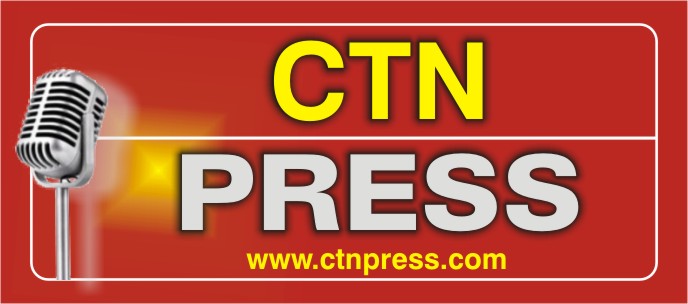PROPERTY AND ITS TYPES
Property has a very wide meaning in its real sense. It not only includes the money and other tangible things of value but also includes intangibles. These can be anything that can be a source of income or wealth.
The term property describes anything that someone – a person or a business has a legal title over. By having a legal title, the owners have some enforceable rights over it. It can be of two broad types – tangible and intangible.
- Tangible can include automotive vehicles, industrial equipment, furniture, and real estate. Real estate is called “real property”.
- Intangible describes those assets that have current or potential value but do not have any intrinsic value of their own. They carry the promise of future worth such as stock and bond certificates.
Types of Property:
Movable Property
As per law, under Section 2(9) of the Registration Act, 1908, “Movable property includes standing timber, crops, and grass, fruit upon and juice in trees, and asset of every other description, except immovable ones.” Section 22 of IPC defines movable ones as, the words “movable property” are intended to include corporeal part of every description, except land and things attached to the earth or permanently fastened to anything, which is attached to the earth.
Immovable Property
Section 3(26) of the Transfer of Property Act describes an immovable property as all the immovable things and rights by excluding timber, grass, and crops. Section 3(26) of the General Clauses Act, describes “Immovable Property” shall include land, benefits to arise out of the land, and things attached to the earth or permanently fastened to anything attached to the earth.
Private property
Private property designates a legal and non-governmental entity with the ownership of an asset. This can either include personal or capital goods. The political system of the country supports and enforces the concept of private assets. When an individual owns property their personal use and benefits it is a private asset. This can be any tangible or intangible owned by an individual or a corporation, for example, land, buildings, copyrights, patents, etc.
Public Property
Public asset, as signified by their name belongs to the public and is owned by the state. This, thus belongs to the public as a whole and not to anyone individual or firm, for example, parks, hospitals, public toilets etc. Any amenities or premises that the government or a community manages are public land. The government or community manages this amenity for the convenience of the public and for their benefit.
Personal property
Personal property is movable. Anything that can be subject to ownership is a Personal part, except for land. There are two types of personal assets- chattels and intangibles.
Real property
One can be felt and touch chattels and can move them from one place to another without any destruction. Securities, bonds, franchises, patents, copyright, trademark, bank accounts, etc. are intangibles that one cannot be touch or feel but give the owner a specific right to do something. Or the right to use something. In comparison, the Real asset is immovable. Land and anything attached to the land is called Real Property.


